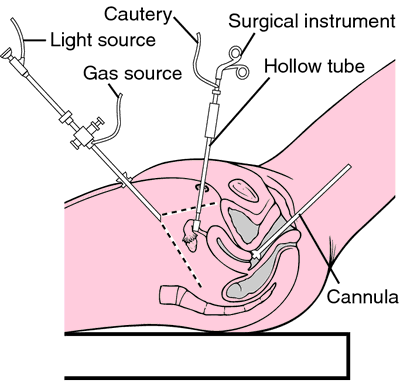Let’s face it, there is a lot of stress in our world lately and it doesn’t seem to want to end anytime soon. From our financial woes, to weather disasters, educational downfalls, and uncured diseases – there is a lot you could be worrying about. Have you ever stopped to think exactly how stress affects your body? As I’m sure you can imagine, it affects it in a pretty big way.
First, remember that stress can be emotional, physical, psychological, or environmental. Stress is also actual, anticipated, or imagined. This means that no matter if the stress is sitting in front of you (actual), if the stress is on its way (anticipated), or you are thinking about it (imagined) they all respond about the same within your body.
The hypothalamus is a tiny region in your brain responsible for many important functions including your fight or flight response. With a stressor (good or bad), your hypothalamus sends signals to your pituitary and down your spinal cord all heading to your adrenal glands. The adrenals then put out epinephrine (also known as adrenaline) and cortisol. This causes many systems in your body to turn on, including: increased heart rate, increased blood pressure and constriction of your blood vessels, dilation of your pupil, and inhibition of an erection, shaking, and changes in your heart beat.
This response also shuts down or slows certain function which leads to gastrointestinal problems such as constipation, sexual response issues such as decreased libido or inability to become aroused, and urinary difficulty.
The continued stress also causes a release of glucose (blood sugar) and fatty acids into your bloodstream to be used as energy to ‘run’ from your fight or flight stress. Unfortunately as the stress continues and you aren’t using up that blood sugar or fatty acids, then you begin to feel fatigued and worn out with increased weight gain around your abdomen, pre-diabetes/diabetes, continued GI problems or sexual problems, and overall depletion of your body. Your blood pressure could remain high and your heart might skip beats or flutter.
How many can relate to this scenario? We need our fight or flight response for adrenaline pumping situations however we also need to remember to take care of ourselves and relax, get enough sleep, and exercise most days of the week. Stress is everywhere but it doesn’t mean you can’t set some boundaries and do something about your personal response.





Add a Comment1 Comments
ok, how could I release from this type problem?
May 31, 2010 - 12:20amThis Comment